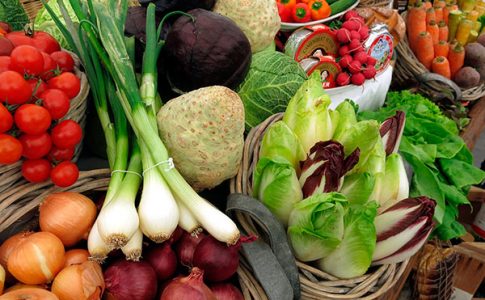Fibre is an essential substance for our bodies because it controls weight and prevents constipation. This nutrient can be found in many foods, but mostly in fruit because fruit is rich in fibre. If you want to know which fruits contain the most amount of fibre, we recommend that you have a look at the rankings and make a note of the highest values.
Fruits, along with cereals and vegetables, are food that contain fibre and should be included in your diet. However, the calories can vary between different fruits. Therefore, it is recommended that you take a look at the food calorie counter to allow you to design a specific diet for you.
Fruits rich in fibre
If you are looking for fruit to ease constipation or you simply want to have a diet rich in fibre, take a look at this fruit and fibre ranking and make a note of the ones with the highest value. On the other hand, you can also use it for the opposite, because high fibre foods for constipation aren’t always beneficial for everyone. The most important thing is that you have a personalised balanced diet for yourself and if you have any doubts, you should contact your doctor.
-
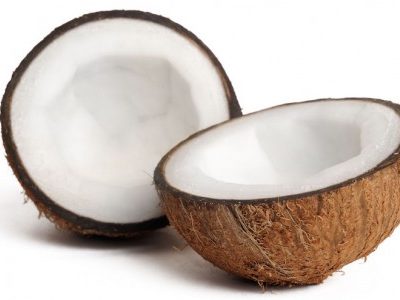 Coconut
9 g each 100gr.
7.2 g per serving (80 g.)
Coconut
9 g each 100gr.
7.2 g per serving (80 g.)
-
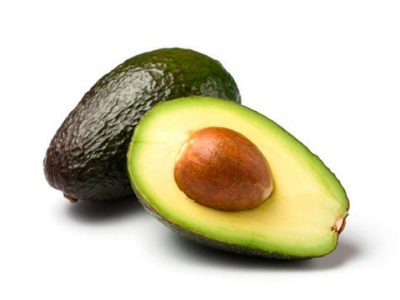 Avocado
6.7 g each 100gr.
10.0 g per serving (150 g.)
Avocado
6.7 g each 100gr.
10.0 g per serving (150 g.)
-
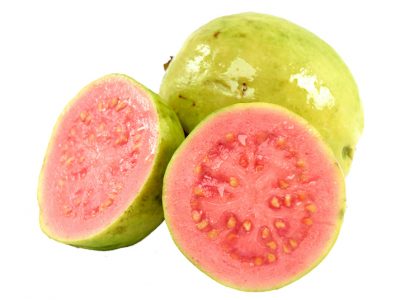 Guava
5.4 g each 100gr.
8.9 g per serving (165 g.)
Guava
5.4 g each 100gr.
8.9 g per serving (165 g.)
-
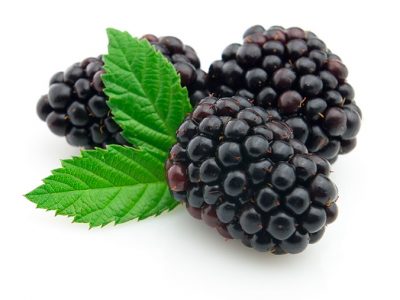 Blackberries
5.3 g each 100gr.
7.6 g per serving (144 g.)
Blackberries
5.3 g each 100gr.
7.6 g per serving (144 g.)
-
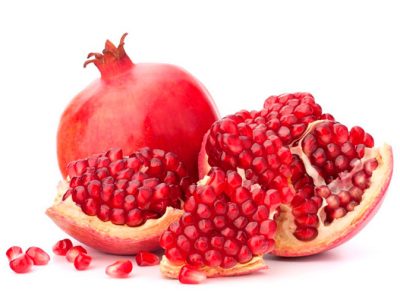 Pomegranate
4 g each 100gr.
3.5 g per serving (87 g.)
Pomegranate
4 g each 100gr.
3.5 g per serving (87 g.)
-
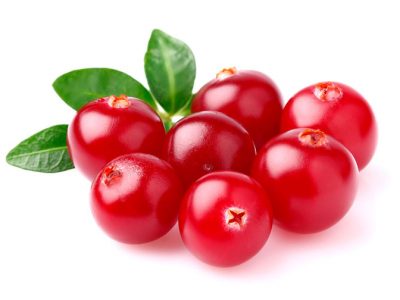 Cranberries
3.6 g each 100gr.
4.0 g per serving (110 g.)
Cranberries
3.6 g each 100gr.
4.0 g per serving (110 g.)
-
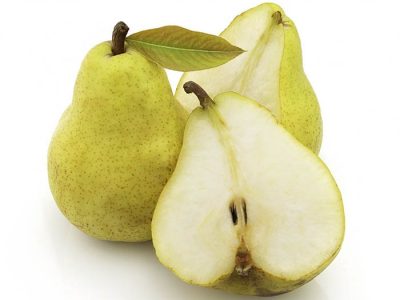 Pear
3.1 g each 100gr.
4.3 g per serving (140 g.)
Pear
3.1 g each 100gr.
4.3 g per serving (140 g.)
-
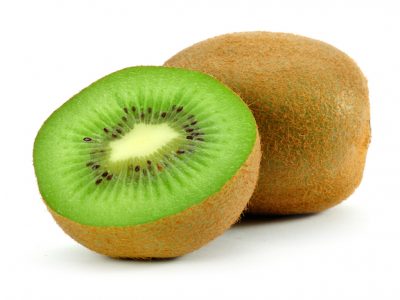 Kiwi
3 g each 100gr.
5.4 g per serving (180 g.)
Kiwi
3 g each 100gr.
5.4 g per serving (180 g.)
-
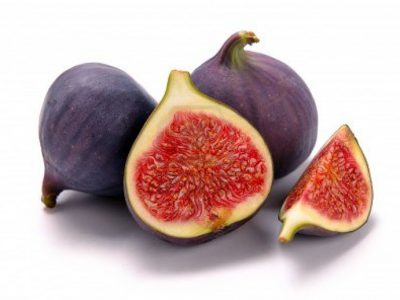 Figs
2.9 g each 100gr.
1.9 g per serving (64 g.)
Figs
2.9 g each 100gr.
1.9 g per serving (64 g.)
-
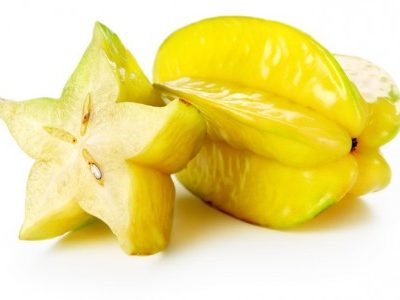 Star fruit
2.8 g each 100gr.
3.7 g per serving (132 g.)
Star fruit
2.8 g each 100gr.
3.7 g per serving (132 g.)
-
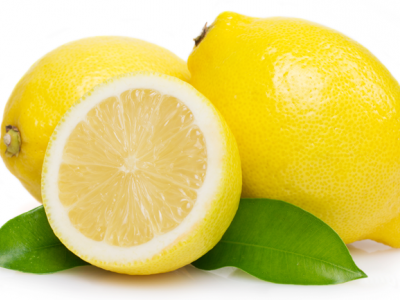 Lemon
2.8 g each 100gr.
5.9 g per serving (212 g.)
Lemon
2.8 g each 100gr.
5.9 g per serving (212 g.)
-
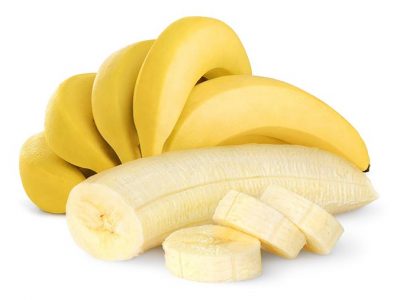 Banana
2.6 g each 100gr.
5.8 g per serving (225 g.)
Banana
2.6 g each 100gr.
5.8 g per serving (225 g.)
-
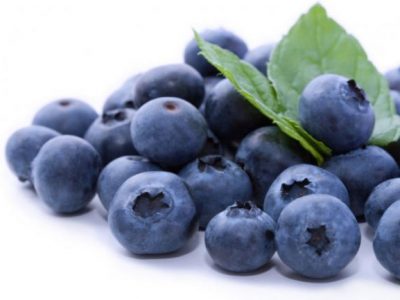 Blueberry
2.4 g each 100gr.
3.6 g per serving (148 g.)
Blueberry
2.4 g each 100gr.
3.6 g per serving (148 g.)
-
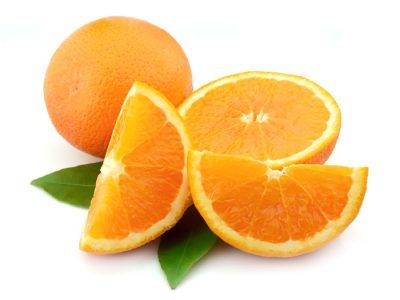 Orange
2.4 g each 100gr.
4.3 g per serving (180 g.)
Orange
2.4 g each 100gr.
4.3 g per serving (180 g.)
-
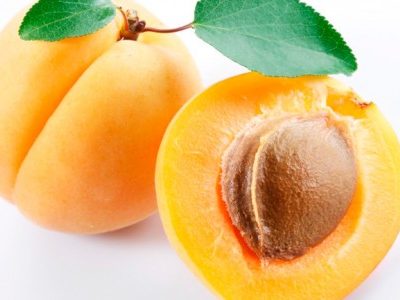 Apricot
2 g each 100gr.
3.1 g per serving (155 g.)
Apricot
2 g each 100gr.
3.1 g per serving (155 g.)
-
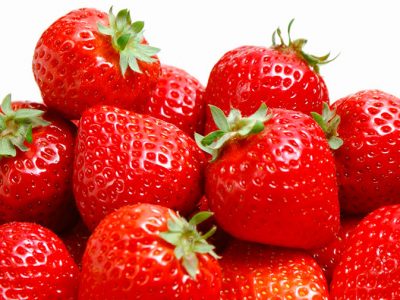 Strawberries
2 g each 100gr.
3.0 g per serving (152 g.)
Strawberries
2 g each 100gr.
3.0 g per serving (152 g.)
-
 Mandarin
1.8 g each 100gr.
3.5 g per serving (195 g.)
Mandarin
1.8 g each 100gr.
3.5 g per serving (195 g.)
-
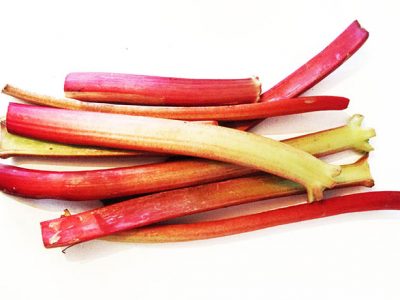 Rhubarb
1.8 g each 100gr.
2.2 g per serving (122 g.)
Rhubarb
1.8 g each 100gr.
2.2 g per serving (122 g.)
-
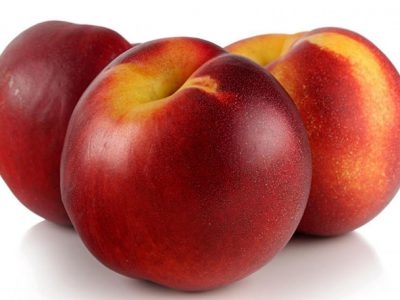 Nectarine
1.7 g each 100gr.
2.4 g per serving (143 g.)
Nectarine
1.7 g each 100gr.
2.4 g per serving (143 g.)
-
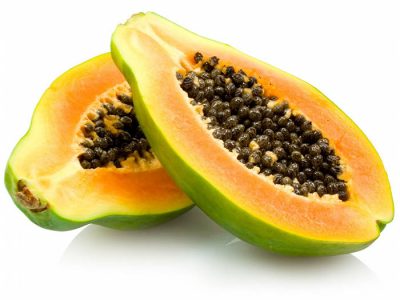 Papaya
1.7 g each 100gr.
2.5 g per serving (145 g.)
Papaya
1.7 g each 100gr.
2.5 g per serving (145 g.)
-
 Cherries
1.6 g each 100gr.
2.5 g per serving (155 g.)
Cherries
1.6 g each 100gr.
2.5 g per serving (155 g.)
-
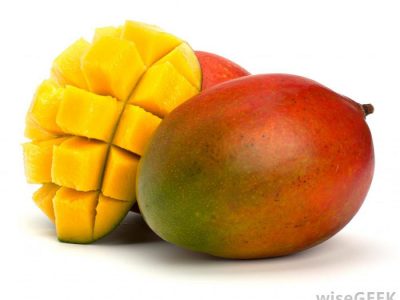 Mango
1.6 g each 100gr.
2.6 g per serving (165 g.)
Mango
1.6 g each 100gr.
2.6 g per serving (165 g.)
-
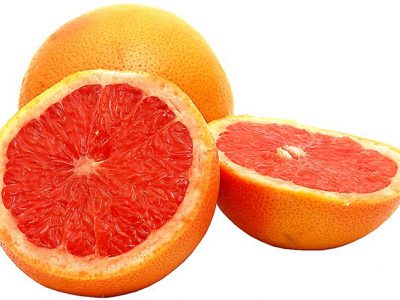 Grapefruit
1.6 g each 100gr.
3.7 g per serving (230 g.)
Grapefruit
1.6 g each 100gr.
3.7 g per serving (230 g.)
-
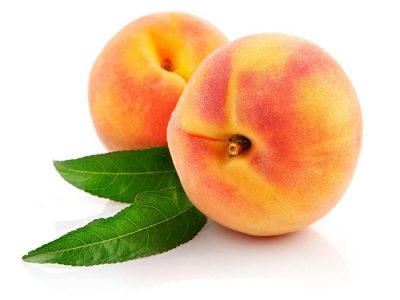 Peach
1.5 g each 100gr.
2.3 g per serving (154 g.)
Peach
1.5 g each 100gr.
2.3 g per serving (154 g.)
-
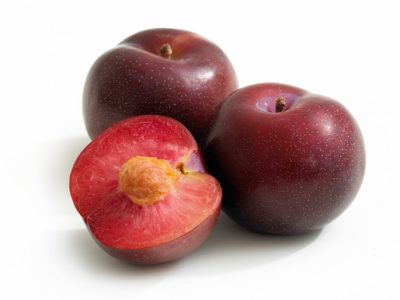 Plum
1.4 g each 100gr.
2.3 g per serving (165 g.)
Plum
1.4 g each 100gr.
2.3 g per serving (165 g.)



























